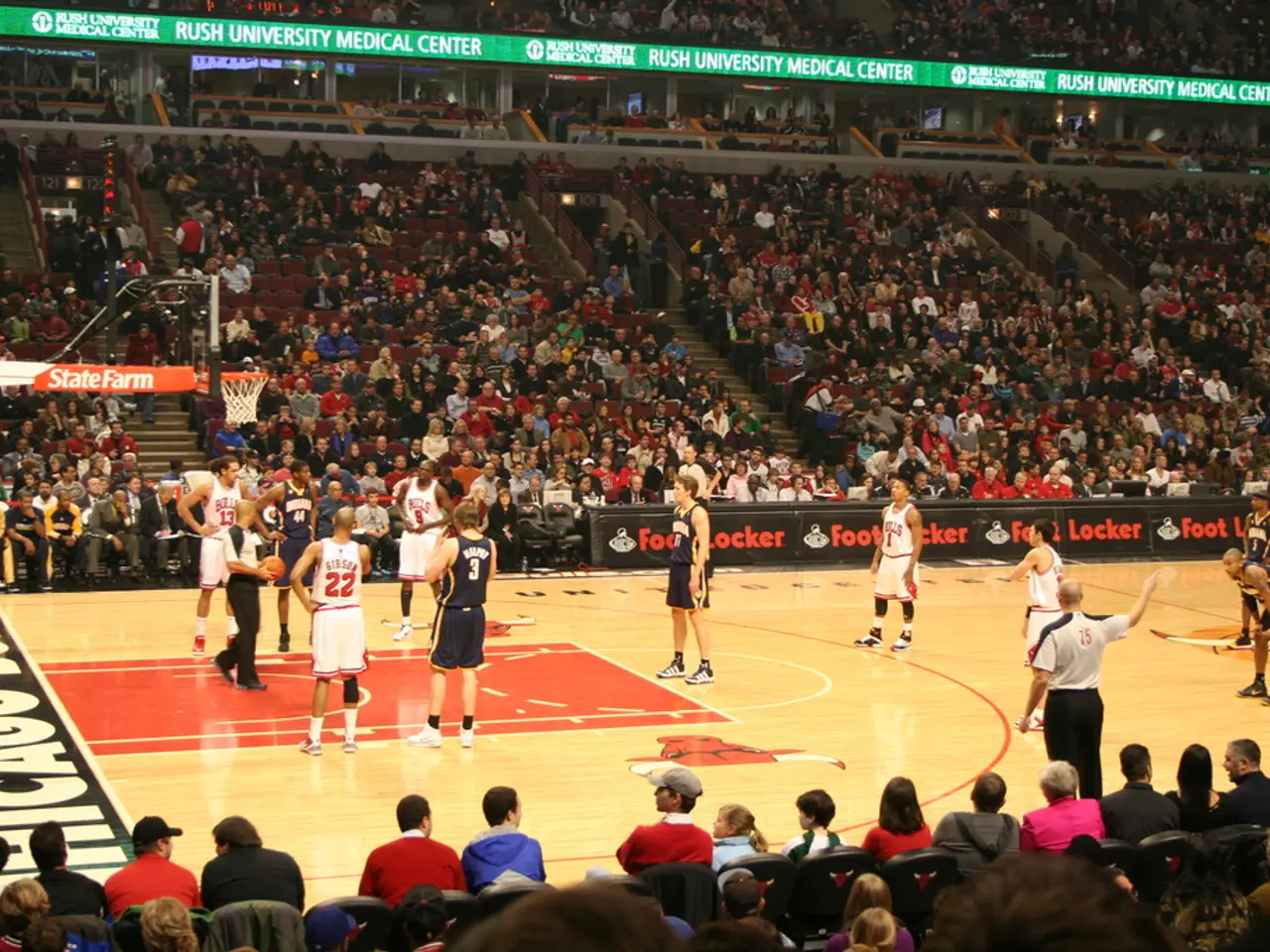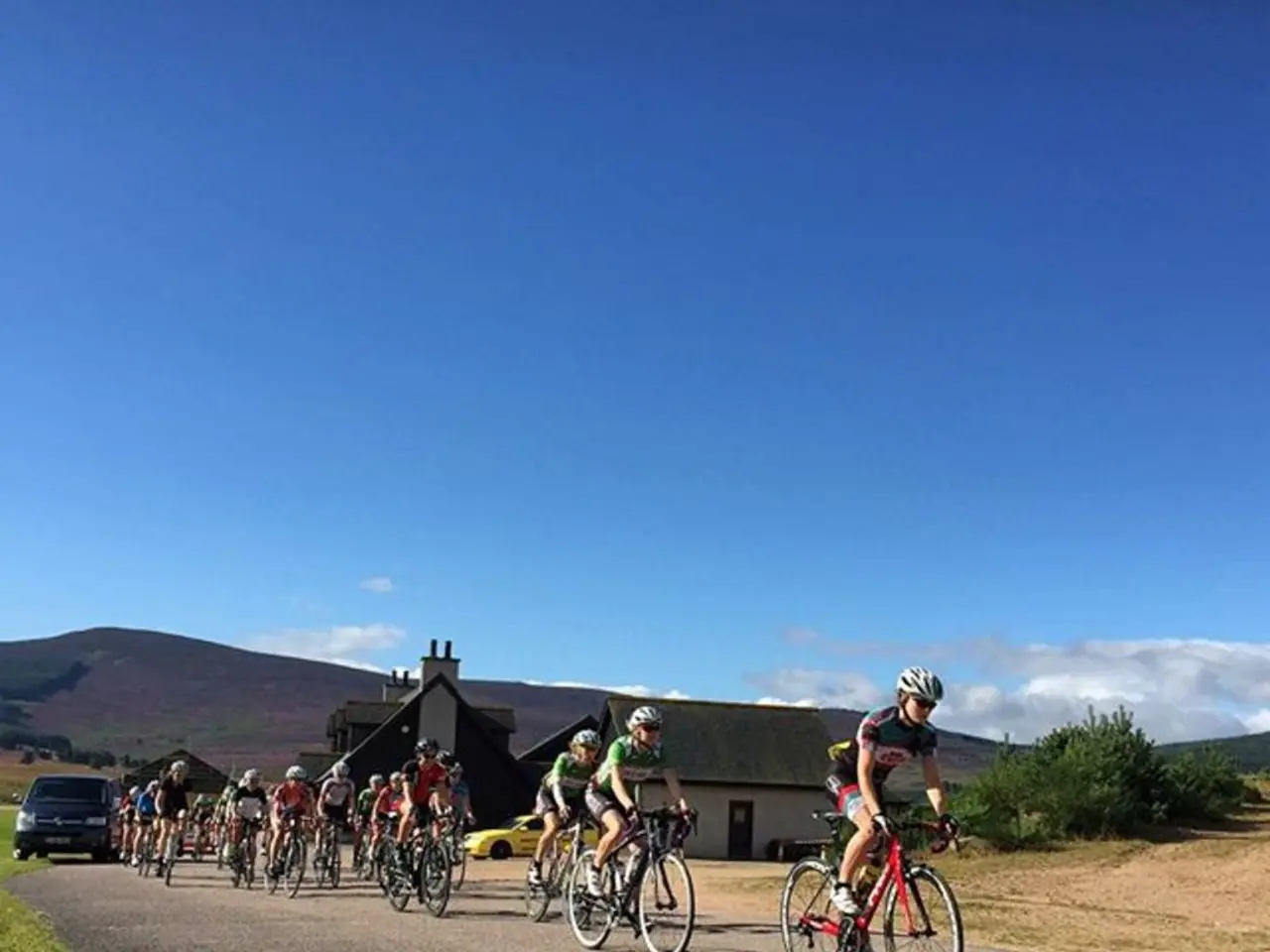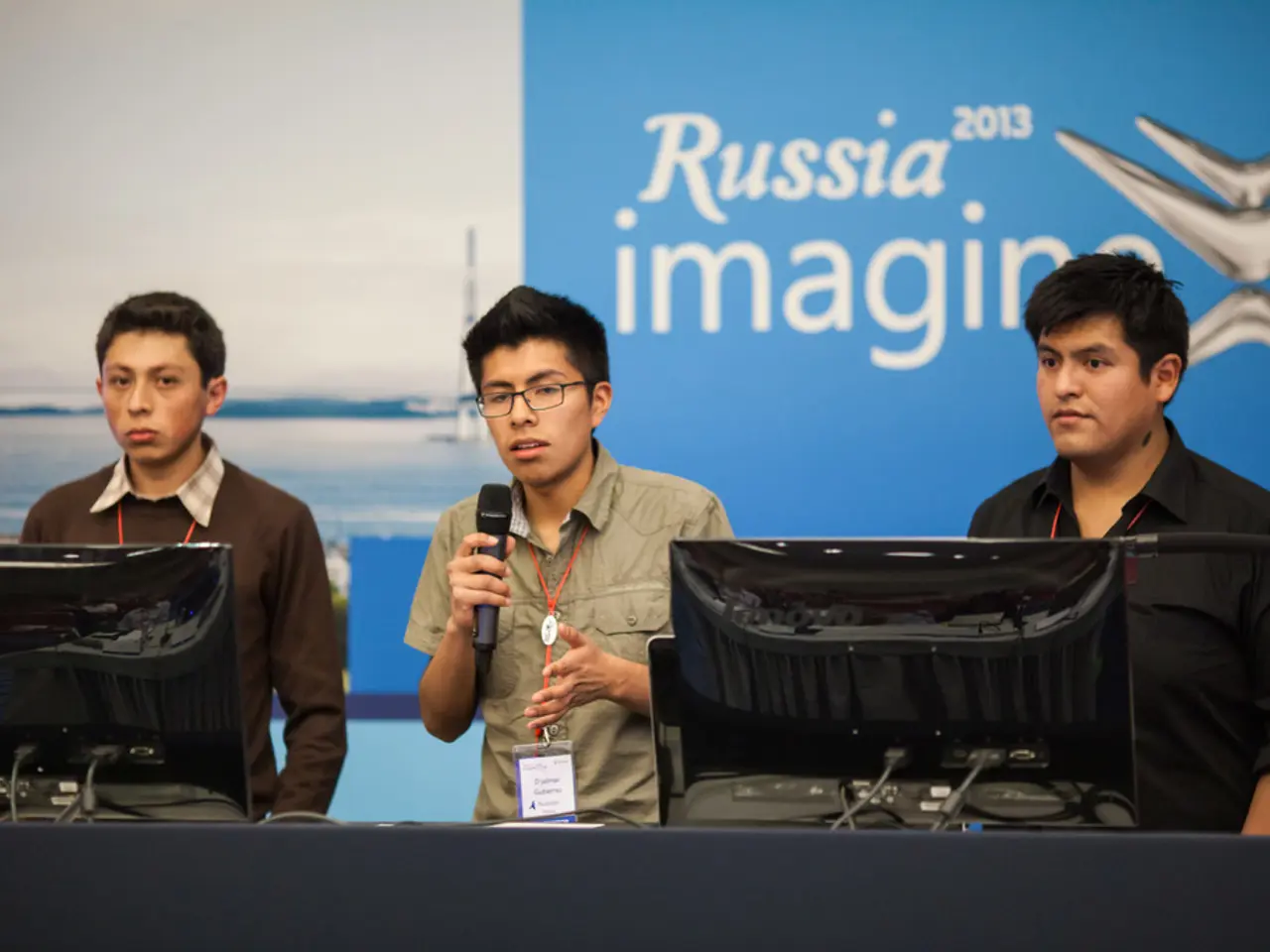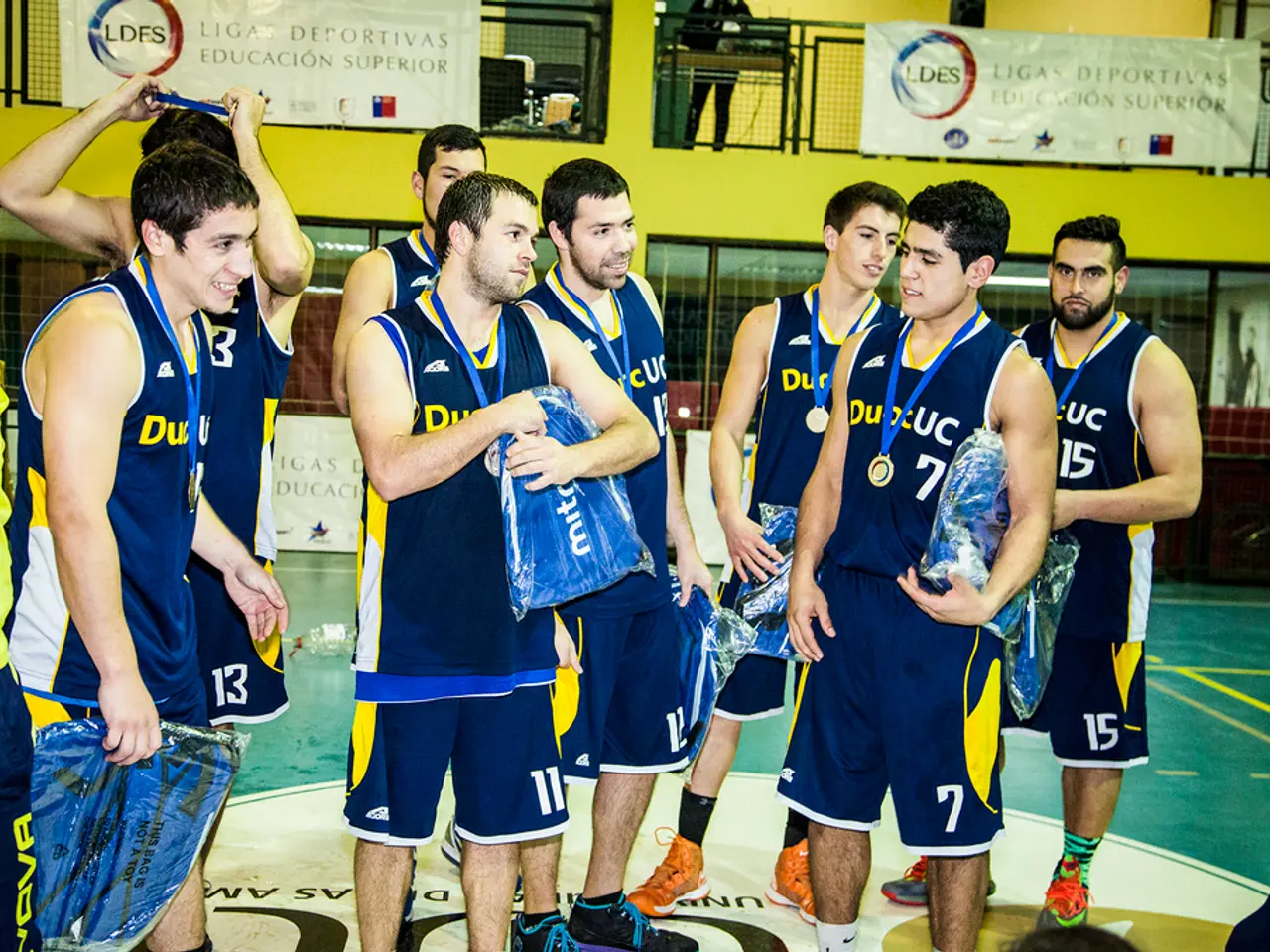Sports Wagering Sector Escapes Scrutiny as Gobert and Temple Avoid Involvement, instead of LeBron and UNC
In the rapidly evolving landscape of legalized sports betting across America, the words of prominent athletes carry significant weight. Remarks about betting, particularly those that hint at unethical practices, can have far-reaching implications for the integrity of sports competitions, public trust, and regulatory responses.
One such instance is the Gobert accusations, which have garnered considerable attention due to their potential implications in the context of legalized sports betting. If similar allegations were made about a higher-profile player, they would likely be seen as the culprit by mainstream America, rightly or wrongly. This could have severe consequences for the league's reputation and trust, as seen in past cases involving players caught betting on games or sharing insider information.
Such statements can also trigger intensified regulatory oversight and stringent rules to protect the integrity of sports. For instance, the NBA maintains strict prohibitions against players betting on their own sport, and high-profile cases like Jontay Porter’s lifetime ban for betting and game manipulation serve as a stark reminder of the consequences. The NCAA is also considering allowing betting on professional sports by college athletes while maintaining prohibitions on betting on college events to safeguard integrity.
Controversial statements may also fuel toxic social media behavior and targeted abuse, particularly in the context of betting-related disappointment or anger. This environment demands heightened responsibilities from betting operators, sports bodies, and social platforms to protect athletes. Female athletes disproportionately face threats and harassment tied to betting culture, illustrating how betting controversies can escalate beyond sports into serious social harm.
High-profile athlete statements can also shape the discourse around sports betting education and policy formation. With widespread legalization, organizations like the NCAA recognize the need to balance realistic engagement with betting and protection of competition integrity through education and monitored reforms. Controversies can accelerate such dialogue and reforms.
Politicians are likely to take notice of such incidents in the context of legalized sports betting. While the sports betting industry is expected to survive such incidents, they would not go unnoticed. If a Duke-UNC game were involved in unusual betting activity, it would be a huge story that would prompt legislators to take action. Dr. Aaron Moore, a sports media professor, argues that the sports betting industry needs to start addressing problems proactively instead of reacting to them as they arise.
In the case of the Gobert story, Dr. Moore suggests that the sports betting industry is at the center of the controversy, and negative press could lead to federal government intervention. Mainstream America might perceive sports betting as the culprit in such incidents, whether rightly or wrongly. As the legalization of sports betting continues to spread across America, it is essential for all stakeholders to work together to ensure a fair, transparent, and safe betting environment.
[1] NBA Faces Fallout from Players Betting on Games (The New York Times, 2019) [2] Female Athletes Face Excessive Harassment on Social Media (The Washington Post, 2020) [3] NCAA Considers Allowing College Athletes to Bet on Professional Sports (ESPN, 2021) [4] NCAA Still Bans College Sports Betting for Athletes (USA Today, 2021)
- Remarks from athletes about sports betting can have profound impacts on the industry, potentially leading to increased regulatory scrutiny and the need for proactive problem-solving as seen with Dr. Moore's suggestion regarding the Gobert story.
- High-stakes prop bets and wagers on sports competitions can influence the behavior of athletes, as seen in instances like Jontay Porter's lifetime ban from the NBA.
- The line between acceptable and unethical sports betting practices is a fine one, with controversial statements and allegations carrying the risk of damaging public trust, sports integrity, and the reputation of leagues, as demonstrated by the Gobert accusations.
- In the rapidly emerging sports betting landscape, it is crucial for all involved, including betting operators, sports bodies, social platforms, and even politicians, to work collaboratively to maintain a fair, transparent, and safe sports-betting environment to protect athletes from threats, harassment, and potential social harm.






